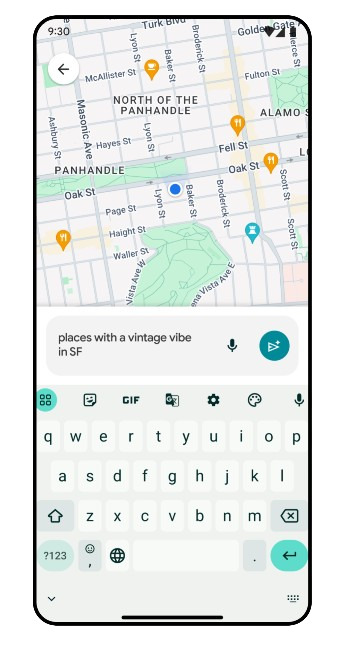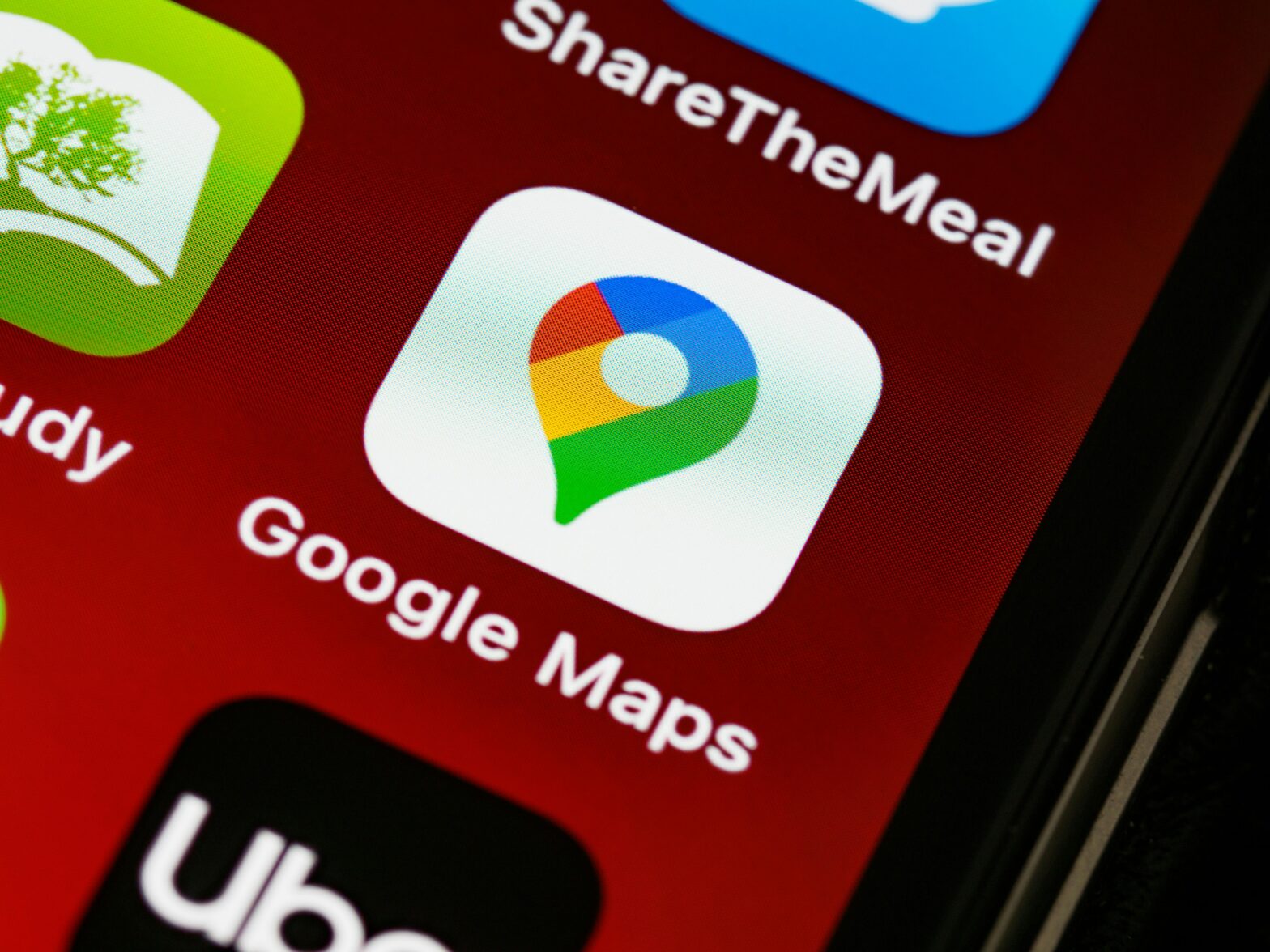In a major update aimed at revolutionizing how users interact with Google Maps, Google has introduced its new generative AI model, Gemini, into the popular navigation app. This move promises to push Maps beyond simple directions by adding personalized recommendations and real-time interactive features. But with greater AI capabilities come new concerns: will Gemini make navigation too complex, and at what cost to user privacy?
Gemini: A New Era of Navigation
Gemini, announced by Google last week, is designed to make Maps a travel companion rather than just a guide from point A to point B. The AI can now suggest activities, answer specific questions about venues, and even help with live navigation, featuring lane guidance and real-time updates on weather disruptions. For instance, if you’re hosting friends in a new city, you could ask Maps, “What are fun things to do tonight?” and get curated suggestions, from live music venues to nearby cafes.
The update is currently rolling out in the U.S. on Android and iOS, with plans to expand similar features across other Google services. Google’s blog post highlights how Gemini is meant to make navigating new areas less stressful, especially by using AR to show crosswalks and road signs, and parking assistance features that help users remember their parking spots.
Key Features: What’s New?

The introduction of Gemini adds several enhancements:
- Personalized Recommendations: Users can receive suggestions based on specific queries, like “family-friendly activities” or “nearby quiet places,” allowing for a more tailored experience.
- AI-Summarized Reviews: By providing a quick summary of user reviews for each spot, Gemini offers condensed insights that help users decide faster, especially helpful when exploring a new area.
- Enhanced Navigation Aids: The app now highlights lanes, and crosswalks, and offers parking assistance, making it easier to navigate complex roads and city layouts.
- Weather Disruption Reporting: Google Maps lets users view and report weather issues like flooded streets or low visibility, enhancing real-time route adaptability.
While these updates are likely to improve navigation and enrich user experience, they also reflect Google’s push to compete with Apple Maps and other AI-integrated mapping platforms. Analysts at CNBC noted that Google Maps has maintained a user base of over 2 billion active monthly users, and integrating Gemini is a strategic play to retain dominance amid growing competition.
Privacy Concerns: A Cause for Worry?
As exciting as Gemini sounds, the level of personalization and data collection has raised red flags. To offer tailored suggestions, Gemini requires access to location history, personal search data, and preferences. This has spurred privacy concerns, especially considering the risks of real-time location sharing. Users can now share their location with a link that anyone can access, raising concerns about unwanted tracking. Google has partnered with organizations specializing in digital safety to minimize risks but has yet to address all privacy issues.
Too Much of a Good Thing?
As Google Maps evolves, users may start to wonder if the app is overstepping. While the new features can enhance travel, there’s a risk that AI could make navigation too complex. Additionally, not everyone may want an app that not only guides them but also makes suggestions based on collected data. Google’s transformation of Maps into a personalized travel guide is ambitious, but whether it’s overly ambitious remains to be seen.
As Google Maps with Gemini rolls out, the reception will likely depend on how well the balance is struck between improved functionality and simplicity, and how responsibly Google handles user data. For now, Gemini’s integration stands as an impressive leap forward—albeit one that asks users to consider what they value in a navigation app.
















